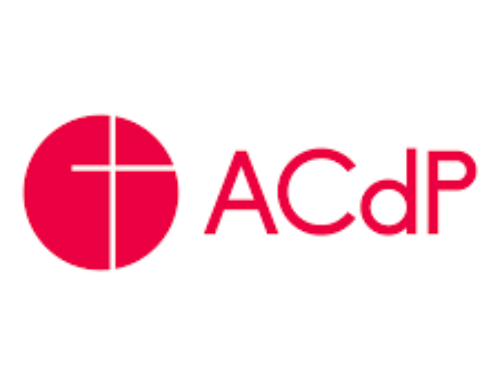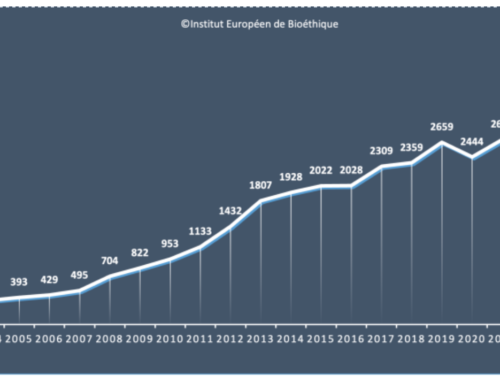Dr. Martin Owen MD CCFP
Canadian Catholic Physicians
November 20, 2017
Ethics of Euthanasia
World Medical Association
A recent meeting jointly hosted by the World Medical Association (WMA), German Medical Association and the Pontifical Academy for Life has brought renewed global attention to the debate on euthanasia. With headlines such as “Doctors at Vatican to debate ethics of euthanasia” in Italian articles, one could assume that the Catholic Church was on the verge of reconsidering it’s consistent teachings on the dignity and inviolability of human life from conception until natural death. The World and German Medical Associations uphold the Hippocratic oath which clearly forbids euthanasia in the statement, “neither will I administer a poison to anybody when asked to do so, nor will I suggest such a course.” Fortunately, as recognized by one Canadian attendee “the choice of location sends a clear message about the organisation’s position on the controversial issue of euthanasia”. Dutch and Canadian physicians representing their medical associations were attempting to influence the WMA position that euthanasia is unethical.
From the dialogue following the event this appears to be yet another request from the “progressive” left to have everyone who holds to traditional ethical principles approve of their beliefs and behaviours. President of the German Medical Association, Frank Ulrich Montgomery expressed disdain for the relativism apparent in medical ethics today which seems to take its queues from public opinion, positing “Are our ethic, our deepest beliefs, dependent on polls?” Certainly, for the majority of the World’s Medical Associations, the answer to that question is a resounding “no”, and they will continue to receive guidance from the timeless oath of Hippocrates to navigate the increasingly complex ethical dilemmas born of an unhealthy emphasis on patient autonomy. His Holiness, Pope Francis, in a statement to the delegates clarified end of life decisions making:
It is clear that not adopting, or else suspending, disproportionate measures, means avoiding overzealous treatment; from an ethical standpoint, it is completely different from euthanasia, which is always wrong, in that the intent of euthanasia is to end life and cause death.
We must never abandon our patients, and are fortunate to have the leadership of the Church and of the World Medical Association in supporting a culture of accompaniment where we will continue to “cure sometimes, treat often, comfort always”.
Dr. Martin Owen MD CCFP
Canadian Catholic Physicians
November 20, 2017







